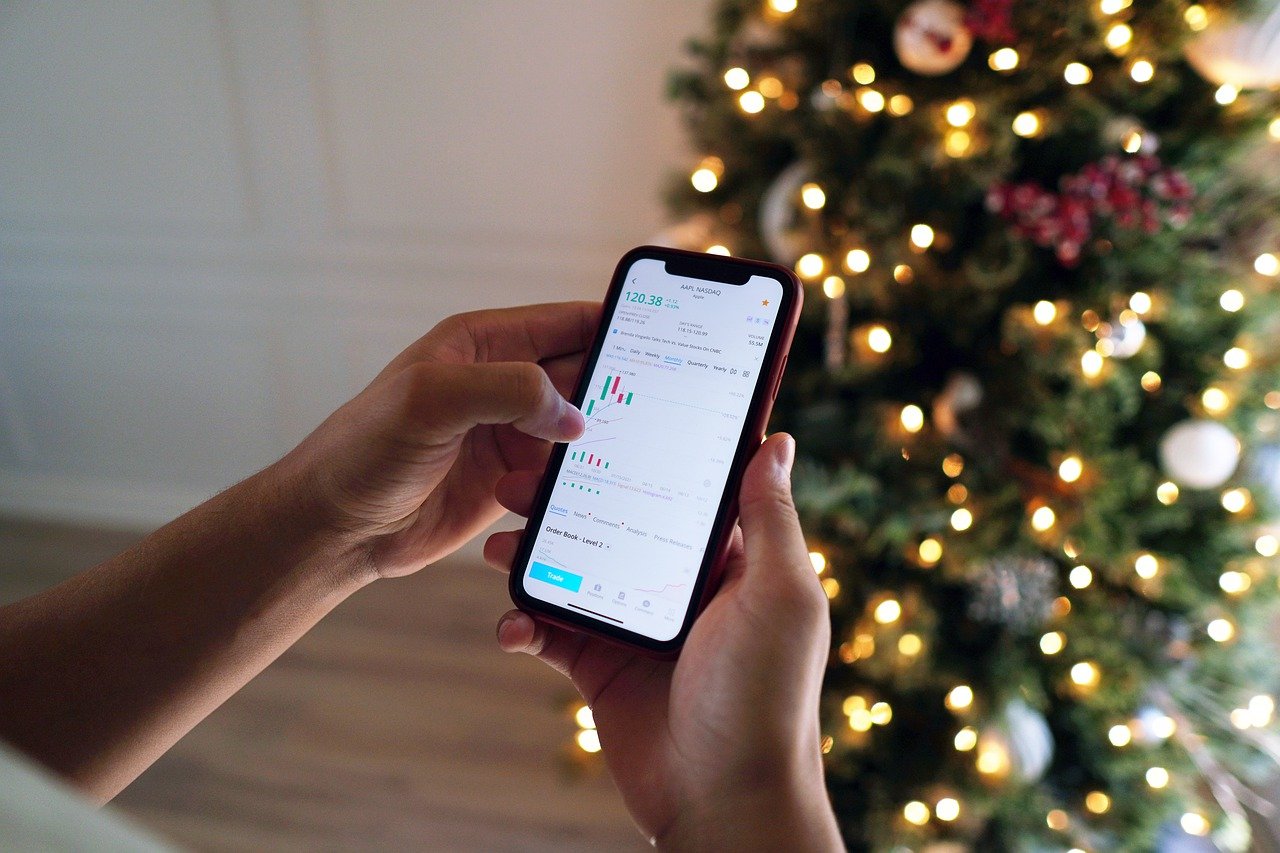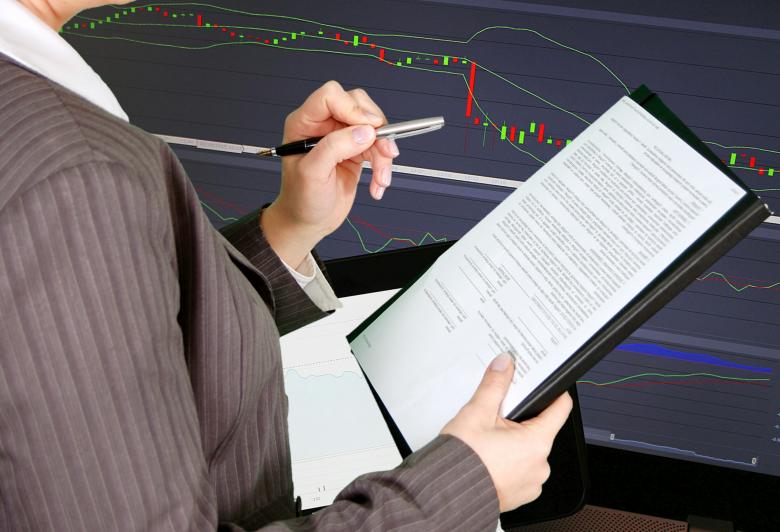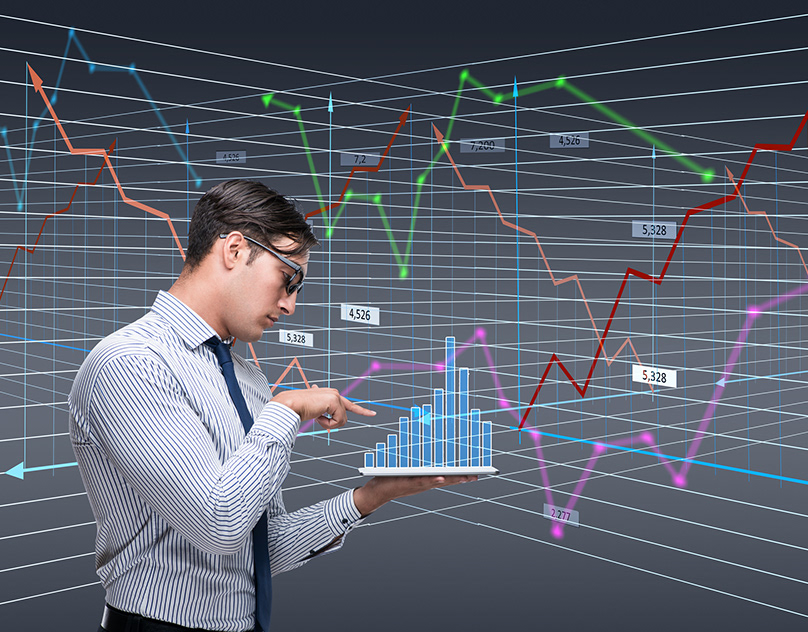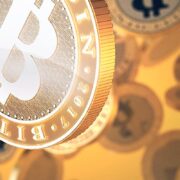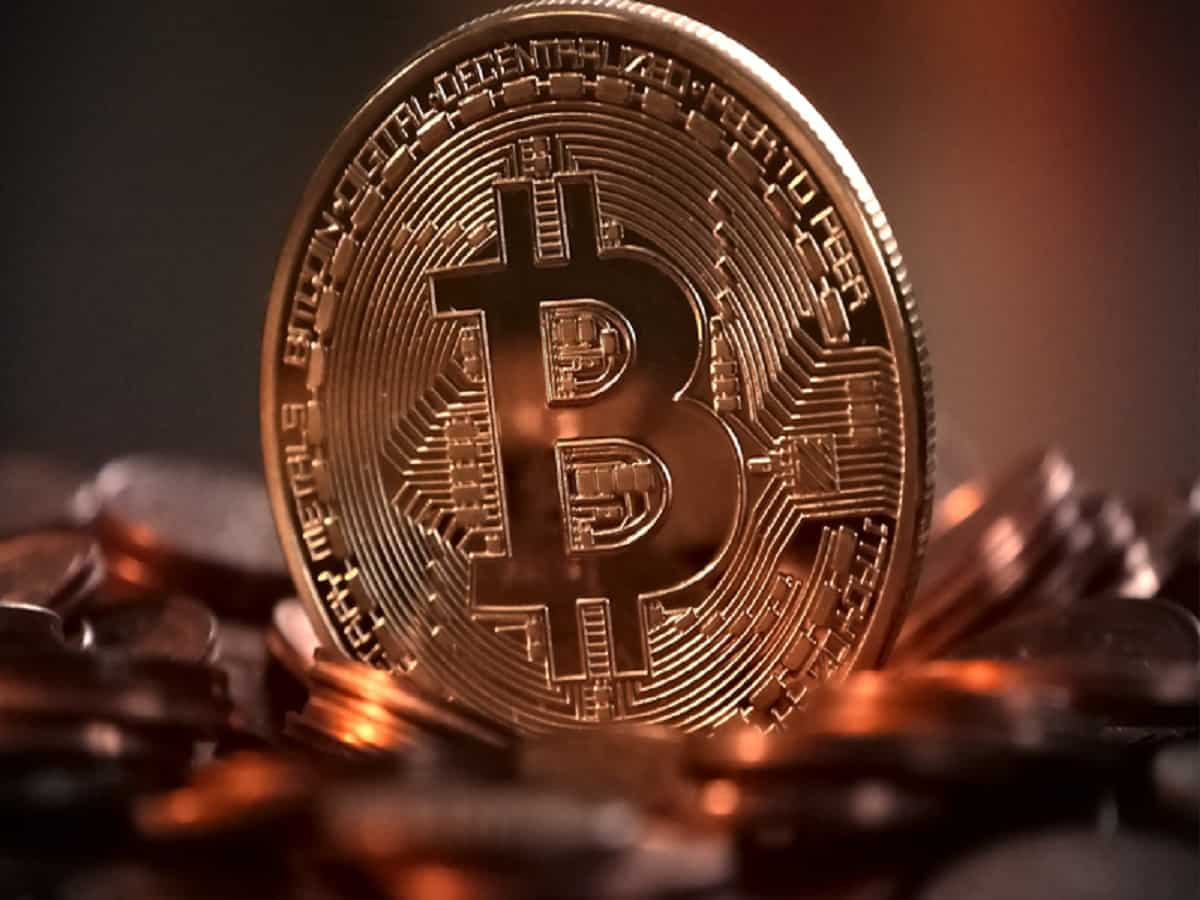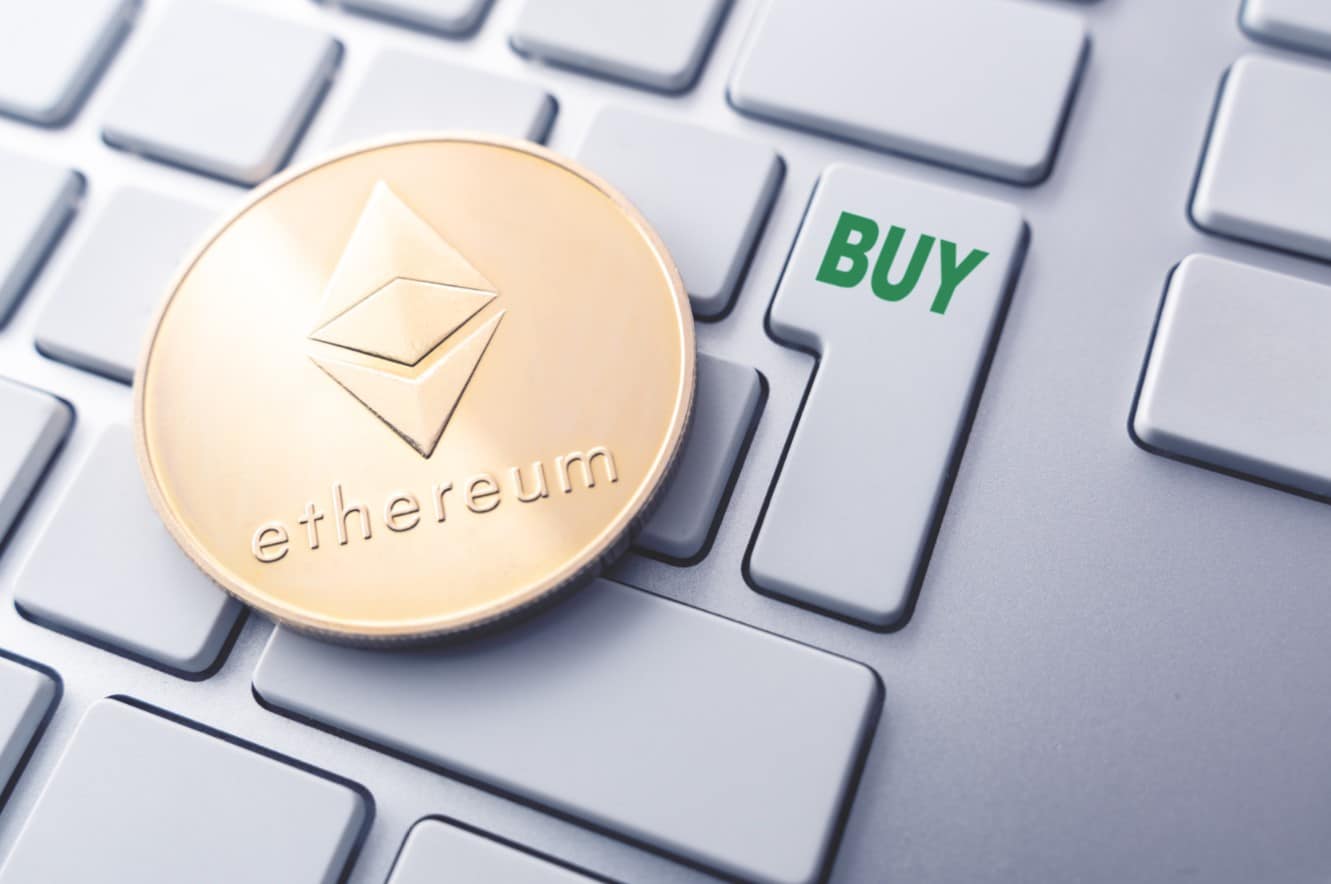
In layman’s terms, “brokers” can be individuals who act as intermediaries or agents. In foreign exchange trading, these people can be referred to as forex brokers assigned to connect sellers and buyers to the trade arena.
Because a large number of successful and large forex brokers rely on financial institutions that give them market prices, this price is revealed to traders in demand or offer price.
Someone needs to understand the various types of brokers and their target niche to fully understand the nature of their work. In general, only four types of brokers such even though other foreign exchange agencies might think otherwise.
Market maker / deals forex broker table
These types of forex brokers are financial experts who run “route orders” through their transaction table. Also known as “trade desk”, dealing tables provide brokers with instant access to trade execution.
Market maker quotes a fixed spread and they are usually not a type of forex broker that you can count on because they don’t always keep your best interest just because of their trading table.
Forex broker table deals on cash through spreads. They also get financial advantages by trading against their customers or clients.
Add brokers referred to as “market makers” because they “make a market” in the sense of literal words. Basically, every time the trader decides to sell, they buy from the transaction table; When traders want to buy, sell them. Dealing the table always goes to the end of the trade thus creates a market.
DD forex brokers can always have leverage or certain abilities to manipulate with quotes to be able to handle their clients because most traders do not have access to the actual market quotes. DD agents get cash through request prices or offers in many cases manipulated.
For traders who want to succeed in the world of foreign exchange trading complex, they must be quite careful and wisely before they consider doing business with market makers. This may not be general knowledge, but market makers have most micro accounts.
This is because MMS may lack liquidity provider and while micro accounts do not require a large amount of cash, they will not hesitate in giving traders a difficult time.
No dealt deals
These types of forex brokers provide access to the inter-bank market without the need to forward orders through market makers. And with the original NDD broker, re-quote based on the order is no longer needed and there is also no additional pause at the time of order confirmation.
This process allows sessions even during “news time” without further restrictions on trade. NDD forex broker has the capacity to do two things: a commission request for specific trading, or choose to climb spread without charging anything.
STP, ECN.
There is no dealing table broker that can be a “electronic communication network”, or “directly through processing” (STP), two of the four types of brokers.
NDDS can send orders directly from customers to liquidity providers. STP brokers usually have a single liquidity provider, sometimes more. The more liquidity and banks are in the system, the better the stuff for the STP broker client.
Since the STP broker client has access to the market and has the capacity to transact trade quickly without the need for dealers, this allows the broker to become transparent in all their transactions. The most important of all, traders will feel the security of knowing that what they face is authentic and transparent.

